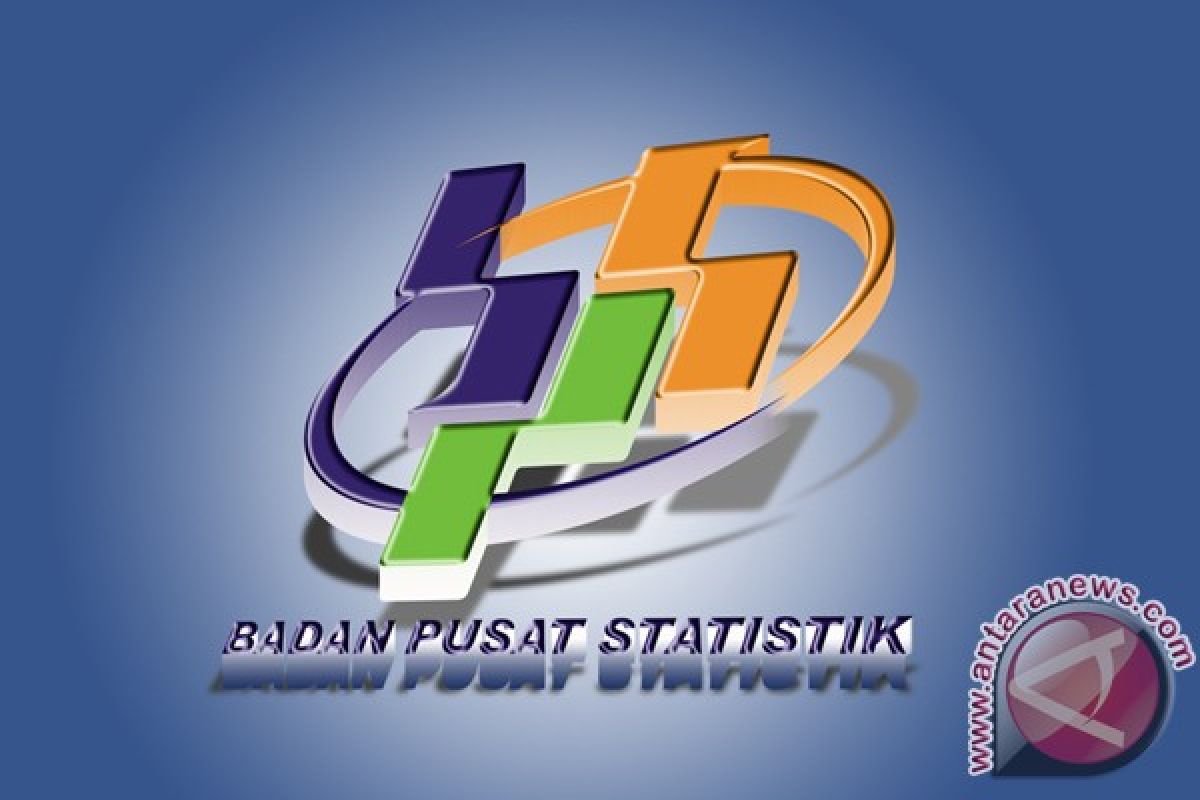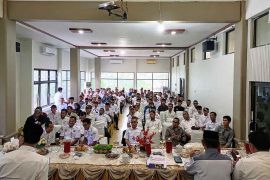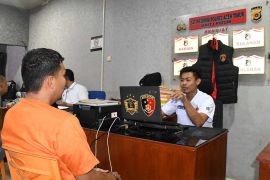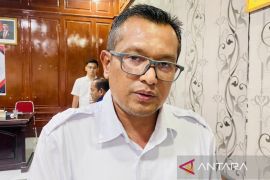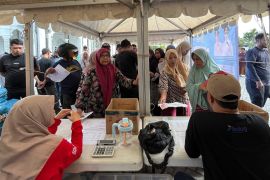Lhokseumawe, Aceh (Antaranews Aceh) - The fishermen in Lhokseumawe, Aceh Province, have complained of plastic waste at sea that has affected the environment and also hindered their activities.
The fishermen noted that at the end of Pusong beach in Lhokseumawe, when they pull trawlers ashore, almost in part is garbage caught in the nets along with fish. The garbage is mostly plastic and household waste.
Local traditional fishermen have voiced concern over the amount of garbage found afloat in the waters of Pusong Beach.
Although the Indonesian government has raised solidarity to jointly tackle marine plastic waste by proposing a regional action plan that countries in Southeast and East Asia can implement, plastic waste in the waters of Aceh continues to pose a problem for the local fishermen.
Jose Tavares, the Foreign Ministry`s director general for ASEAN affairs, noted while delivering an opening speech at the "East Asia Summit Conference on Marine Plastic Debris" in Bali last September that Indonesia was working on establishing regional cooperation based on a premise that if there is a regional action plan, then other countries will refer to it while drafting their own plans at the national level.
During the conference, the Indonesian delegation presented some measures taken to reduce plastic waste at sea based on Presidential Regulation No. 16 of 2017 on Indonesian Marine Policy.
The country has also formulated an action plan to reduce 70 percent of its marine plastic waste by 2025 and a plastic reduction campaign both for the industry and community.
The paid plastic policy that had earlier been applied in 2016 is currently stalled, pending further discussion and negotiations among stakeholders, including the plan to impose excise on plastic products before they enter the market.
A scientific report from the Georgia University estimates that 4.8-12.7 million metric tons of plastic contaminate the oceans. Some 80 percent of the marine plastic waste comes from the mainland due to less-effective waste management and the people`s habit of littering.
For a maritime country, such as Indonesia, the condition can have a major impact on tourism and economic activities, as it has the potential to reduce state revenues.


